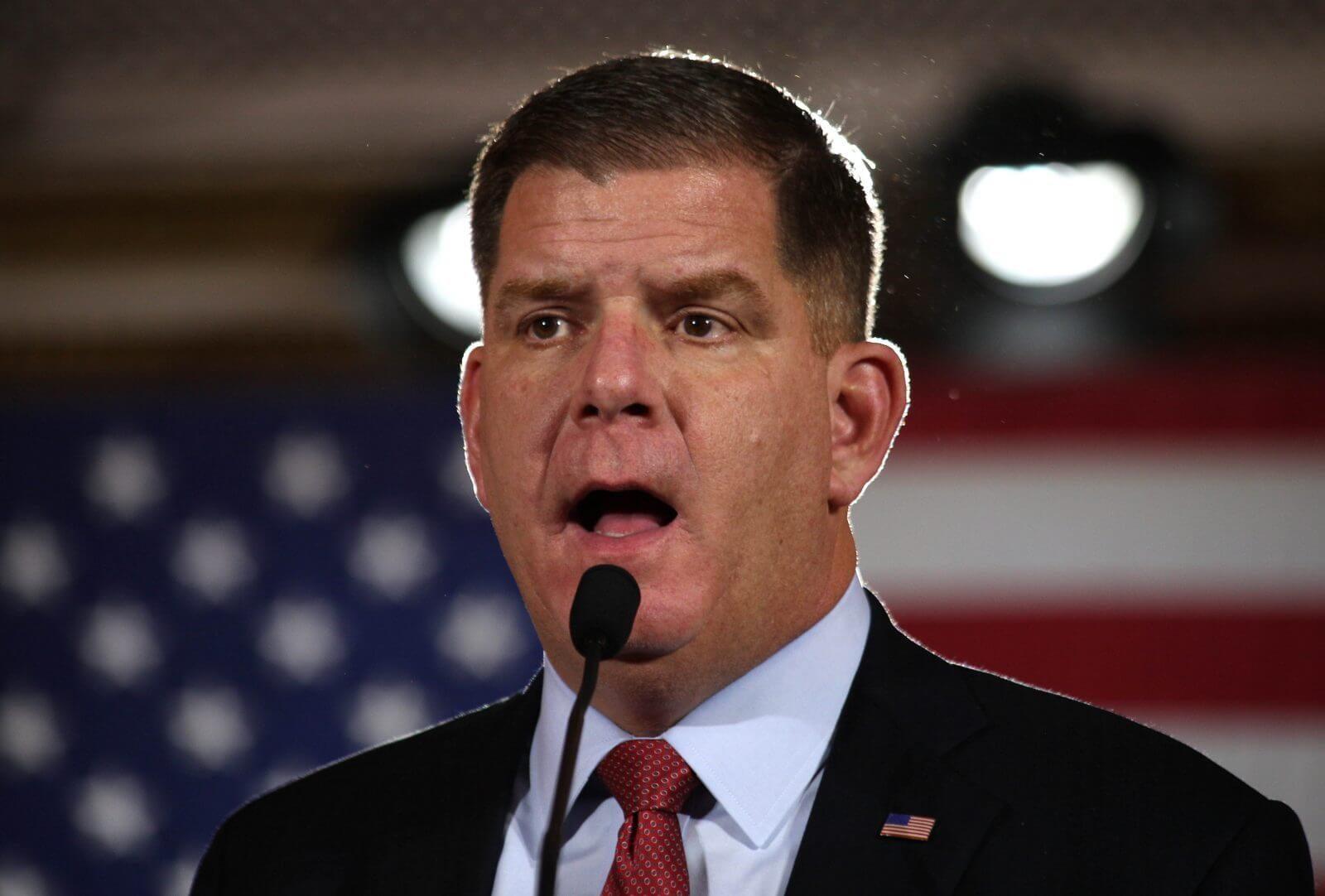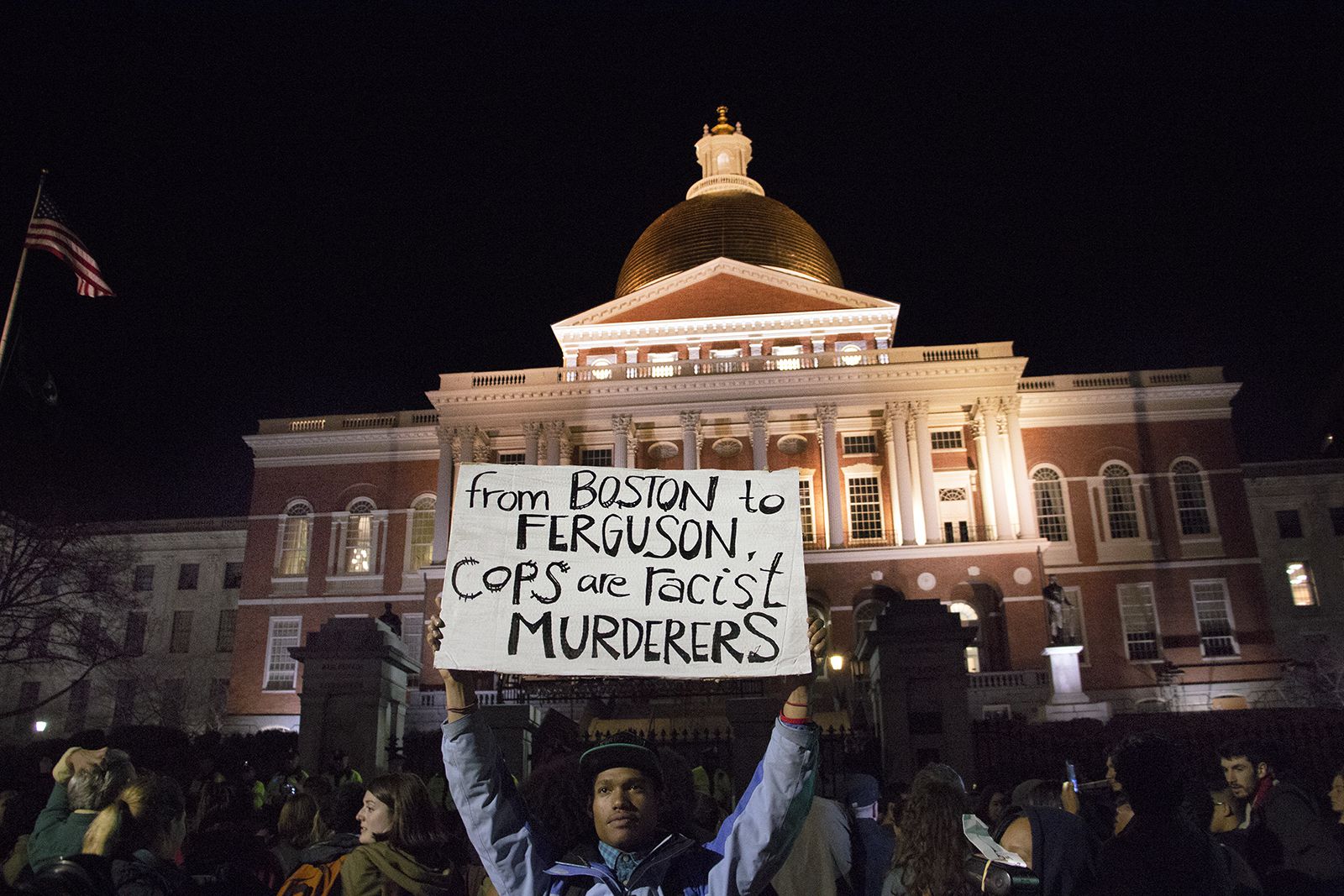Boston University alumna Elizabeth Alexander said she still remembers standing up in front of her fellow students at the BU Pub for her first public poetry reading.
More than 20 years later, Alexander stood in front of the entire nation and read her poem, ‘Praise Song for the Day’ for President Barack Obama’s inauguration.’
Alexander, who earned a master’s degree from the BU Creative Writing program in 1986, said she was proud to represent American poetry on Jan. 20. She said she was heartened by the public’s reaction to her poem.
‘This presidency has me full of energy and high hopes, so it’s a privilege to have had a small part in the day,’ Alexander said.
‘What is nice about the spotlight is it gives others the chance to highlight this art form that means so much to so many people,’ Alexander, a Yale University African American Studies and English professor, said. ‘This is a moment to give a little bit of a showing that poetry matters.’
Cave Canem Executive Director Alison Meyers called Alexander’s inauguration reading ‘a wonderful moment for American poetry.’ Cave Canem is a non-profit organization that works for more recognition of African American poetry and has worked with Alexander since its founding.
‘Her message was both social and spiritual, about things of the heart and what the original aspirations of our democracy were,’ Meyers said.
By choosing Alexander for the reading, Obama is setting a tone for his presidency, Meyers said.
‘I think the country is going to have, with his support, a renaissance, to put into the foreground arts and culture as they’re meant to be used and appreciated by everyday people,’ she said. ‘Obama is an appreciator of poetry. He’s an intellectual man. It’s who he is and it’s what he’s bringing to the presidency.’
Boston Poet Laureate Sam Cornish said he thinks any criticism Alexander has received is unjustified. Reviews of Alexander’s poem have largely been lackluster, including a Jan. 21 Los Angeles Times review that called the poem ‘too prosaic for the occasion.’
‘It was very good,’ Cornish said. ‘It doesn’t sound very critical to say it’s good, but it served its purpose. It was dignified. It had a strong sense about it. It would have been folkier if I had done it, but it’s her moment.
‘I would have loved to have been there and heard her read,’ Cornish said. ‘It takes a lot of courage, because you’re reading to a lot of non-poets and non-poetry readers. I think she did a great job.’
Alexander said although her brief time in the spotlight was ‘nice,’ she will continue to write poetry long after any fame she has achieved wears off.
‘Poets make their work because we have to,’ Alexander said. ‘We make the work knowing sometimes that it’s not necessarily going to be under the spotlight.’
‘American poetry carries on whether or not presidents ask us to write it,’ Alexander said.
Staff writer Teresa Gorman contributed reporting to this story.























































































































